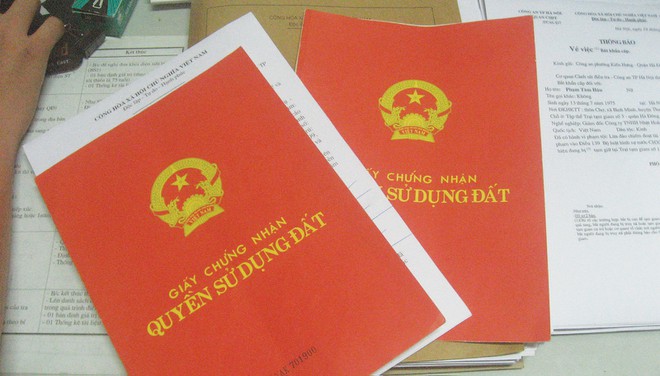I have a question about the following case: The real estate is owned by Mr and Mrs. A and Mrs. B. Mr. A forged Mrs. B's signature, then transferred the house to C. The forged signature proven through the expertise of the surveyor. After the transfer, Mr. A and Mrs. B still own and use the house because Mrs. B did not know about the transfer. Then, C uses this property as collateral for a loan at Bank D. So, will the mortgage transaction at Bank D be invalidated? If invalid, is it contrary to Section 1, Part II of Official Letter No. 64/TANDTC-PC dated April 3, 2019 of the Supreme People's Court on notification of results of online answers to a number of criminal problems. , civil, administrative proceedings (hereinafter referred to as Official Letter No. 64/TANDTC-PC)?
Is the civil transaction in violation of law or contrary to social ethics invalidated?
Pursuant to Article 123 of the 2015 Civil Code on civil transactions which is prohibited by law and contravene social ethics:
"Article 123. Invalidity of civil transactions due to violations against regulations of law or contravention of social ethics
Civil transactions with purposes and contents which violate the provisions of law or contrary to social ethics shall be invalid.
Legal prohibitions mean provisions of law which do not permit subjects to perform certain acts.
Social ethics are common standards of conduct in social life, which are recognized and respected by the community."
Thus, a civil transaction with purpose(s) or content(s) prohibited by law or contrary to social ethics shall be null and void.
(1).png)
Assets obtained from fraudulent transactions will be void when mortgage transactions at the Bank in Vietnam
The benefits of a third party in good faith shall be protected when the transaction is invalid?
Pursuant to Article 133 of the 2015 Civil Code:
"Article 133. Protection of the interests of third parties in case of invalid civil transactions
1. In cases where a civil transaction is invalid but the transacted property being a moveable property is not required to be registered and such property has already been transferred to a bona fide third party in good faith, the transaction with the third party shall remain valid, except for the case specified in Article 167 of this Code.
2. When a civil transaction is invalid but the transacted property has been registered at a competent authority and such property has been transferred to a bona fide third party through another transaction which is established according to that registration, such transaction shall not be invalid.
In cases where the transacted property which is required to be registered has not been registered at a competent authority, the transaction with the third party shall be invalid, except for cases the bona fide third party received such property through an auction or a transaction with an person who is the owner of such property pursuant to a judgment or decision of a competent authority but thereafter such person is not the owner of the property as a result of the judgment or decision being amended or annulled.
3. The owner does not have the right to reclaim the property from a bona fide third person, if the transaction with such person is not invalid as prescribed in Clause 2 of this Article, but is entitled to file a lawsuit or request the entity at fault that results in the transaction with the third party to reimburse reasonable expenses and compensate for any damage."
Thus, in case the transaction is invalid but the property was registered at a competent authority and then transferred by another civil transaction to a bona fide third party based on such registration if the transaction was established and/or performed, such transaction shall not be invalid.
If the assets acquired from the transaction are deceived, when the mortgage at the bank is invalidated?
Pursuant to Subsection 1 Section III – Official Dispatch No.02/TANDTC-PC
After receiving the transfer contract, the bank shall not verify and request Mr. B to keep managing and using the house and land after signing the mortgage contract. In this case, the mortgagee that is not a third party as prescribed in Clause 2 Article 133 of the 2015 Civil Code and Section 1 Part II of the Official Dispatch No. 64/TANDTC-PC, the mortgage agreement is also invalid.
Khanh Linh
- Key word:
- void
- Mortgage
- Bank in Vietnam
 Article table of contents
Article table of contents






.Medium.png)
.Medium.png)
.Medium.png)
.Medium.png)
